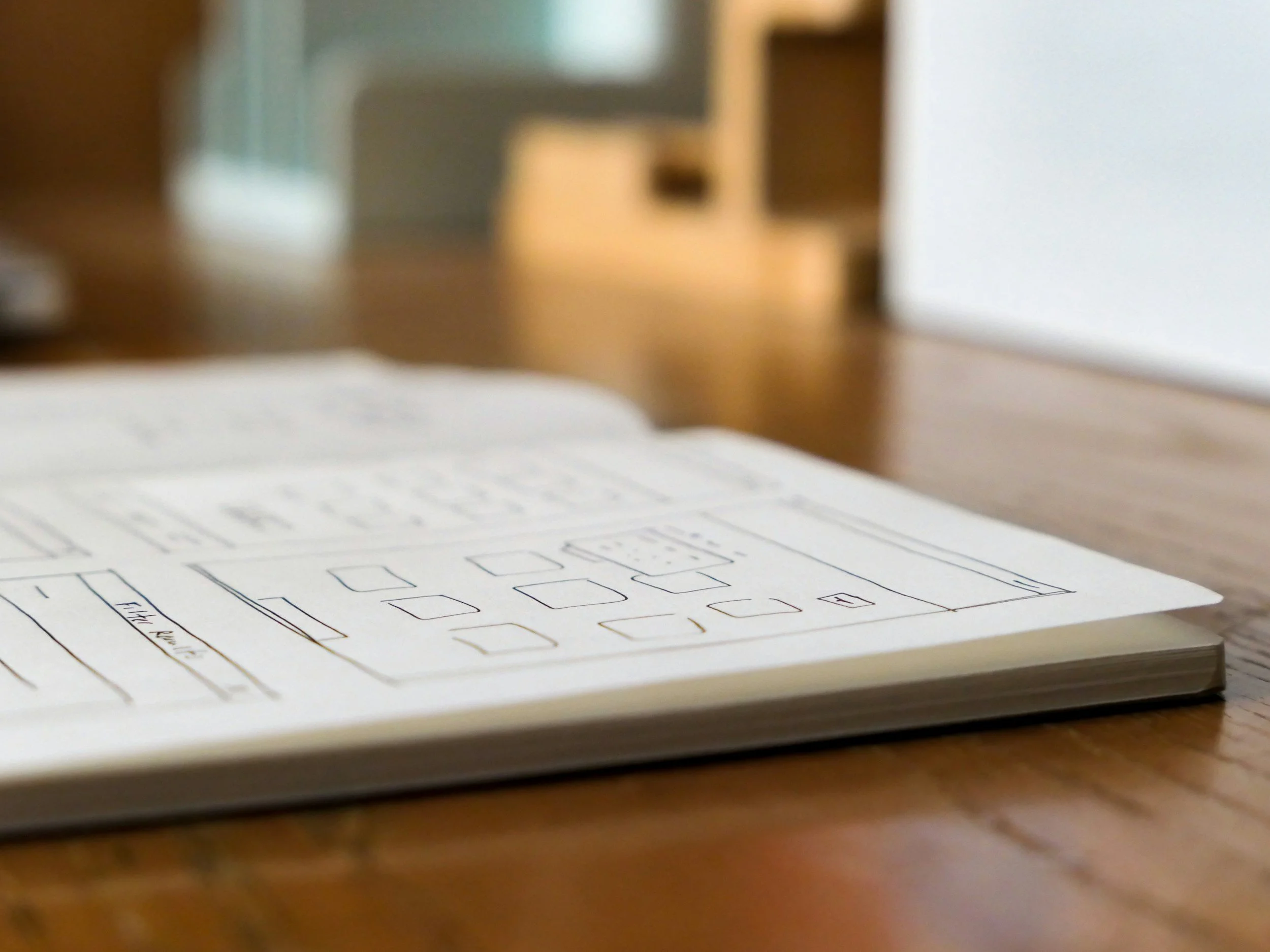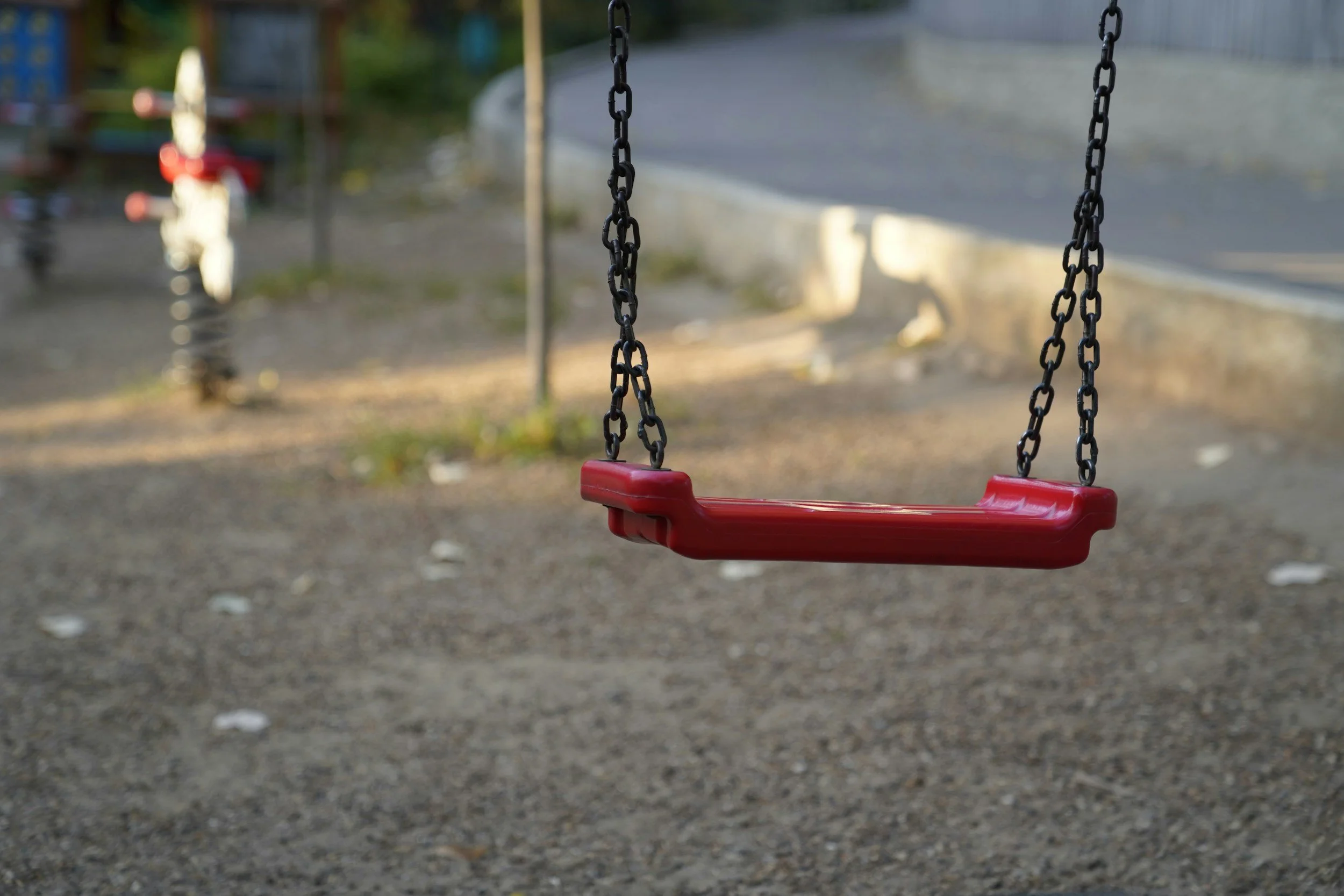

Identify Your Trauma Response: A Quiz for Adult Children of Emotionally Immature Parents
Find out how growing up in a home with emotionally immature parents shaped your unique trauma response.

"Trigger" vs. "Access Point:" Changing Our Language So We Can Heal
The word trigger can often be pathologizing, while an "access point" invites us into a space of curiosity and openness, encouraging us to look deeper into what our reactions might be trying to show us. This shift in language empowers us to relate to our trauma responses in a healthier way, and heal.

Why You Feel Stupid During a Trauma Response
When we’re triggered, the brain shifts from its usual rational, calm state to a survival-driven state. Let’s dive into what happens in the brain when we’re feeling activated and why it can make clear thinking so challenging.

4 Ways Trauma Changed Your Brain | Why You Feel Stuck
When someone experiences trauma, their brain becomes wired for survival, stuck in a heightened state. Even long after the traumatic event has passed, the brain continues responding to stress as if it's under immediate threat. Trauma changes the brain, but there are things we can do to heal it.

Neuroception, Trauma, and Building Resilience | Polyvagal Theory Explained
If you've ever wondered why you shut down, people-please, or struggle with feeling safe in relationships, this episode will provide insight into how your nervous system plays a role and what you can do to build resilience and self-compassion.

How to Move Trauma Out of Your Body
When we aren't able to move stress out of our bodies in the moment of a traumatic event, stress locks itself into our muscles, nervous system, and even our posture. Healing involves letting this stress move out of our bodies by reconnecting with ourselves and trusting our body's instincts.

What Your Posture Says About Your Trauma Story
Childhood trauma impacts the shape of our posture, and this posture points us to the wounds we experienced in our various developmental stages. Our posture reflects the muscle memory of the survival skills we learned as children.

Overcoming Emotional Immaturity Inherited from Your Parents
I often find that healing from emotionally immature parenting cannot occur until we also see the emotional immaturity that we ourselves inherited.

Nurturing Stability: How to Have a Healthy Relationship After Childhood Trauma
Recovering from childhood trauma and fostering stability in our adult relationships requires deliberate effort and a willingness to explore new approaches to communication and connection. Here are some practical tips to help you cultivate stability in your relationships.

How a Chaotic Childhood Impacts Our Relationships
Growing up in a chaotic, dysfunctional family, where crisis was the norm, leaves a lasting imprint on our adult lives. For many of us, the chaos of our upbringing becomes familiar territory—a space where we feel competent and in control. We become adept at navigating crises, whether it's as a first responder, a parent, or a reliable friend. But when it comes to romantic relationships, this same skill set can often sabotage our chances at lasting love.

Top 3 Books for Healing Childhood Trauma
Today we are going to talk about my favorite 3 books that I recommend to people who are healing from childhood trauma and growing up in a dysfunctional family.

How to Heal Childhood Trauma: The 4 Stages
Have you ever wondered if Therapy is right for you at this point in your healing process? Today we are going to talk about the 4 stages of healing complex trauma and how you will know if you need to be in therapy right now.

5 Tips for Navigating Trauma in Your Relationship
There is a difference between a couple that self-destructs and a couple that grows closer amidst their trauma. So today we're going to talk about five tips that are going to help you and your partner have a healing experience in your relationship amidst the trauma.

Emotionally Immature Parents and CPTSD
The lack of emotional attunement and presence from your parent is traumatic, and carries with us into our relationships. Let's explore the 4 types of emotionally immature parents and its impact on us as adults.

The Role of Self-Awareness in Healing Complex Trauma
I am going to share with you the essential role of self-awareness in healing complex trauma. This is the starting point that unlocks the healing process.

How Childhood Healing Fantasies Impact Our Relationships
A healing fantasy is an idea we take refuge in to help us hold onto hope and survive as children. These comforting thoughts help us feel comfort and hope during our formative years, but sabotage our adult relationships.

7 Red Flags That Childhood Trauma is Sabotaging Your Relationship
Until we can work on our own childhood trauma, no amount of self-help books or communication skills are going to help us feel safe and secure in our relationships. I am going to share with you 7 red flags that might be telling you that your childhood trauma is showing up in your relationship.

Building Healthy Relationships after a Dysfunctional Childhood
Growing up in a dysfunctional family deeply impacts our ability to form healthy relationships as an adult. As a child, we learned to survive our dysfunctional family by developing skills that no longer serve us in our relationships with healthy people.
